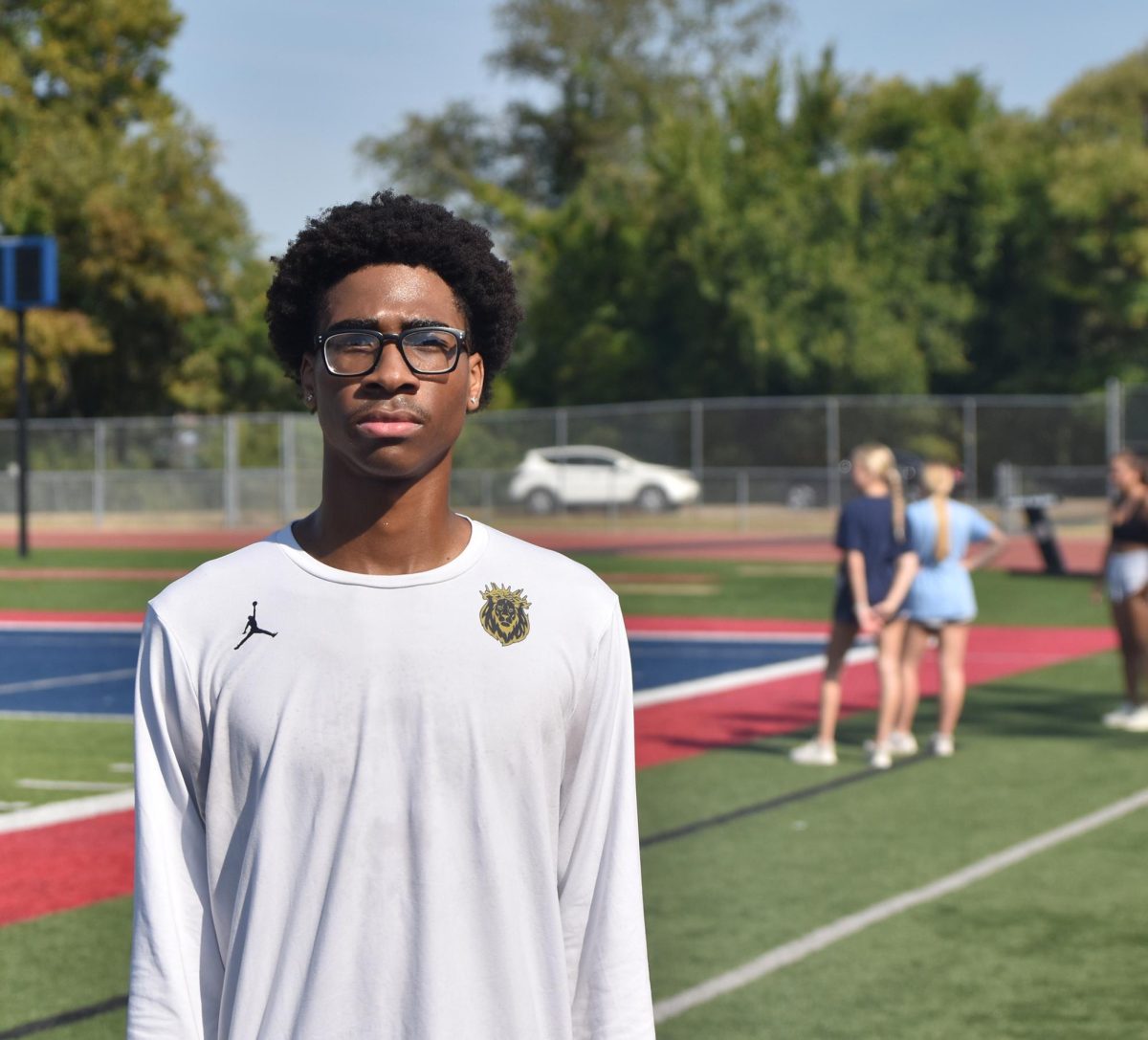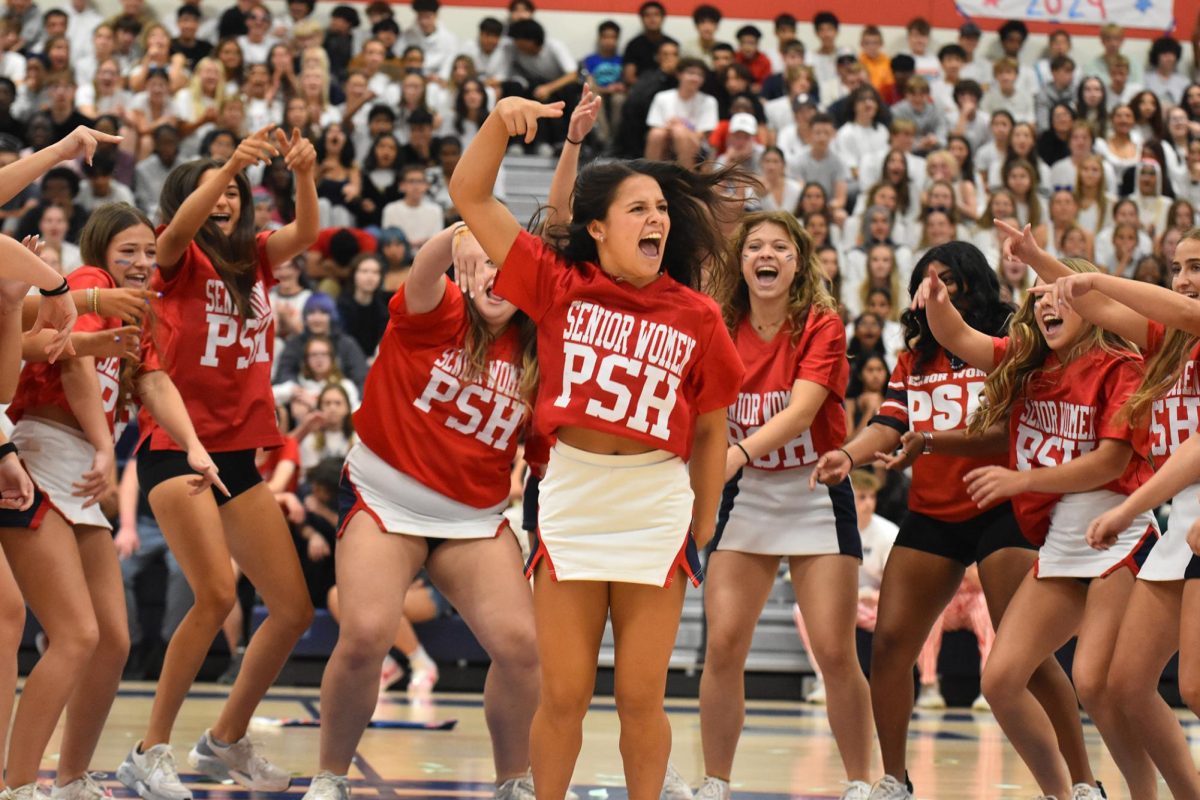“I love your hair! It’s so exotic. Can I touch it?”
I shift uncomfortably in my seat, forcing a tight smile. I bite back a bitter response at the microaggression I have heard millions of times before. I think about replying, “yeah! I love yours too! So heat damaged! God, and those dead ends, to die for,” but I don’t.
Never do. I’d be seen as ghetto or aggressive.
Friends, family, wherever I go, it’s all about my hair. About how exotic I look. About how I don’t belong. How I will never be considered ‘one of them’ because of how I look. But I also don’t speak in AAVE (African American Vernacular English). If I did, it would probably be considered a “blaccent.” I live in a good neighborhood. I am stuck in the in-between. Tugged between two sides, neither inviting me in.
As a mixed girl with an African dad and a white mom, I am constantly trying to fit in, though I’m not sure into what. The universal experience I feel every mixed person goes through is not being white enough for the white people and not being black enough for the black people. As a result, we feel out of place, that we have nowhere we belong. We have less of a sense of self as other people assume what we are for themselves.
People call me “whitewashed” because they think I don’t have enough black friends, or I don’t act the way a black person should act. But how should a black person act? Isn’t that just a perpetuation of stereotypes? I am black because of the color of my skin. I am black because I love my culture. I’m tired of saying their culture when talking about my family. My culture.
According to the 2020 U.S. Census, 10.2 percent of the U.S. population identifies as multiracial. If you translate this statistic to a school the size of South High, that would be 156 students. Students who don’t feel seen or who face discrimination.
It’s hard talking to my maternal grandmother, knowing that she sees me as my father’s daughter. As well as my mom’s. And I wonder if that’s the only reason she talks to me in the first place. It’s hard knowing that she votes directly against my rights. It’s hard to hear her say things like ‘your people.’ It’s hard to be in class and be called “whitewashed” because I pronounced a word differently than they did. Or the fact that half of my blood is my mom’s. That’s what I was taught. It’s hard to question myself. When you’re told something for so long by everyone, you begin to doubt yourself. I struggle to navigate the two worlds, and I find it hard and confusing, always searching for the right word to say at that moment. I haven’t written this because I want people to pity me. I haven’t written this to get sympathy. This isn’t about me. This is about every mixed person who has to struggle and feels that they can’t say anything in fear that they will be judged or dismissed. This is for every mixed person who is told every day that they don’t fit in. that they are not enough or too much of themselves.
I understand a type of resentment. I understand that being light-skinned means that I have a choice that dark-skinned people don’t have. I can blend in. I can code-switch easier. I understand that I have more representation. More options that dark-skinned people don’t, and that I do have privilege that won’t go unacknowledged. But that doesn’t change the fact of the stigmatization of light-skinned people that shouldn’t exist. It’s not a competition, and neither of our pain or struggles takes away from the other.
With this article, I wanted to bring awareness to something that might be considered taboo. In journalism class, when people asked me what my topic was for this assignment, I would flush embarrassed, I would lower my voice, and shy away. But I think if I feel this way, I’m sure others do too, and it should be a conversation. It should be something we should talk about. If we all suffer in silence, if we don’t stir up a storm, nothing will change.
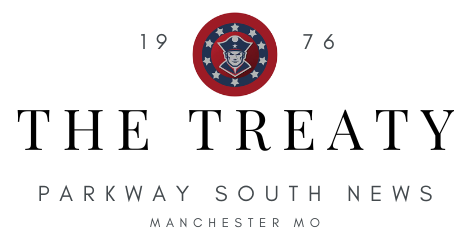

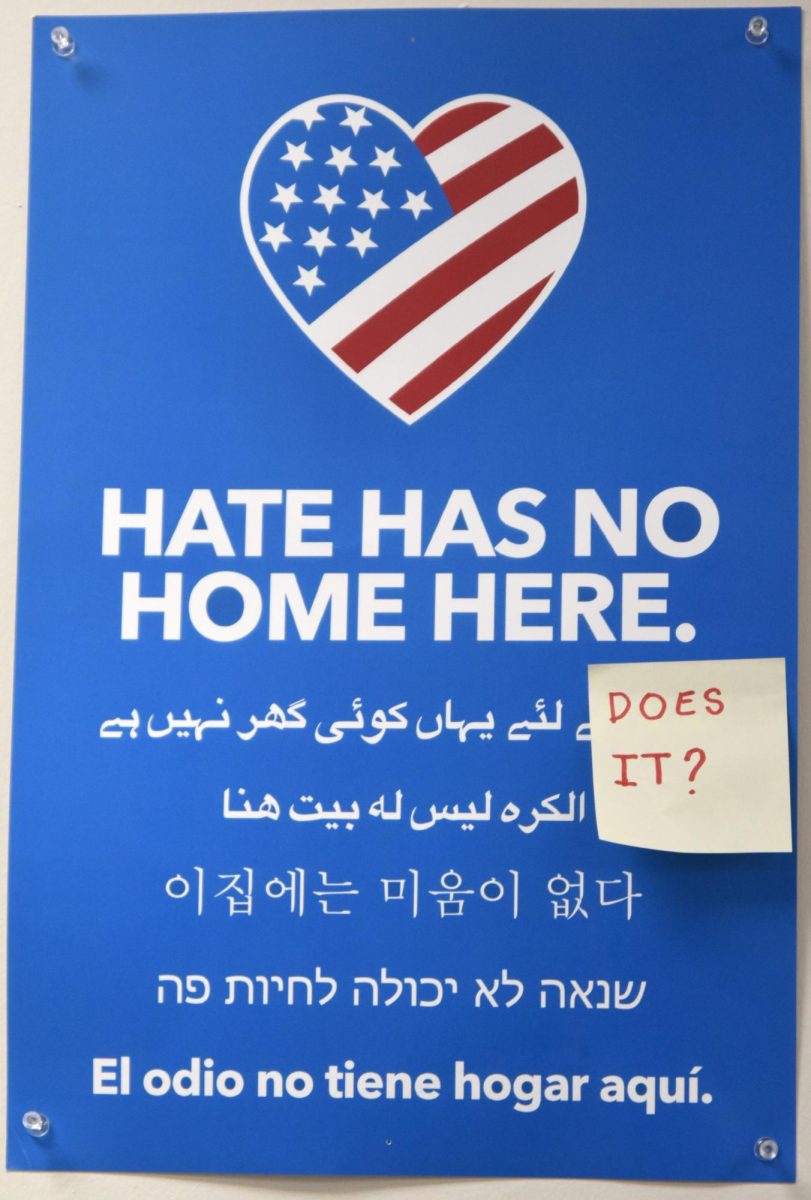
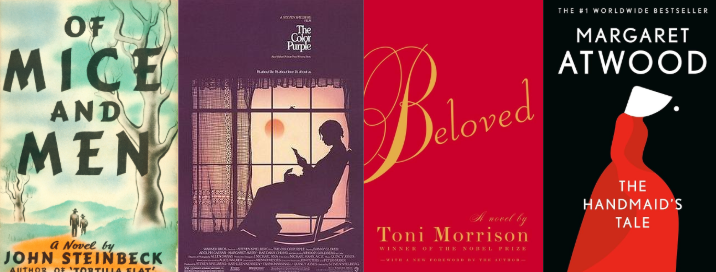

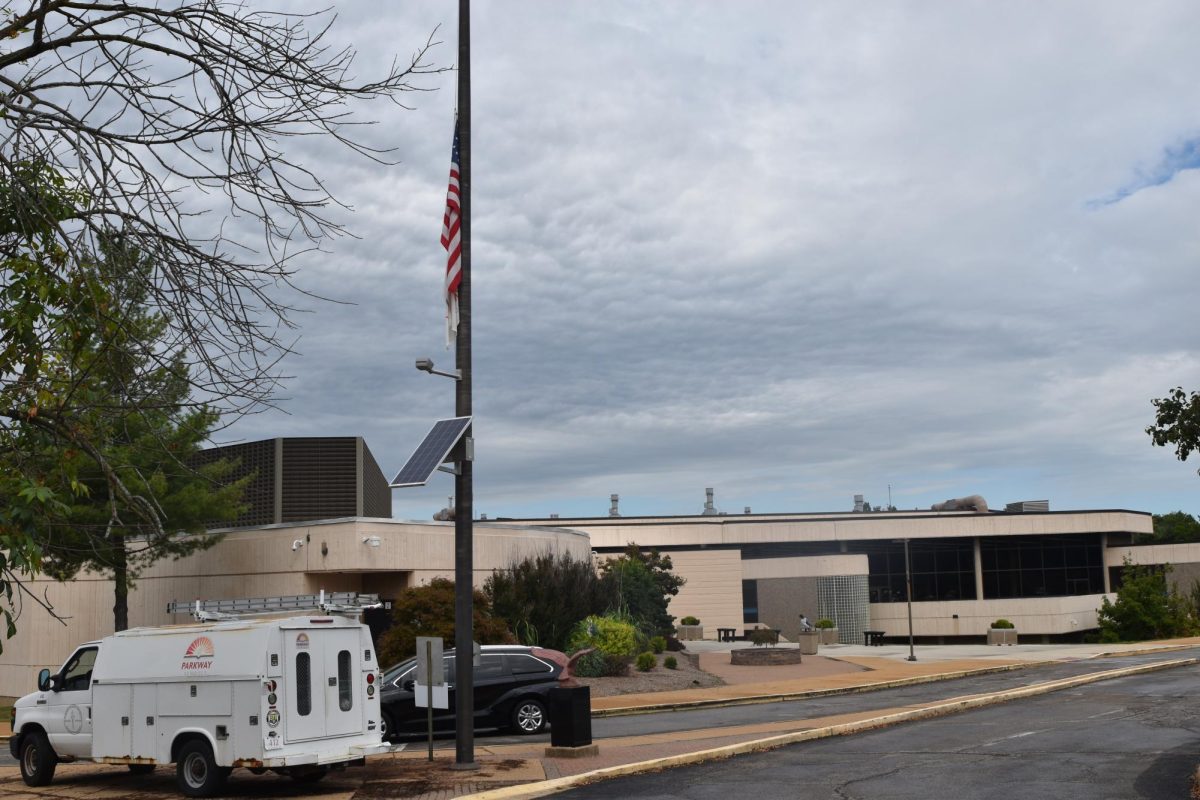
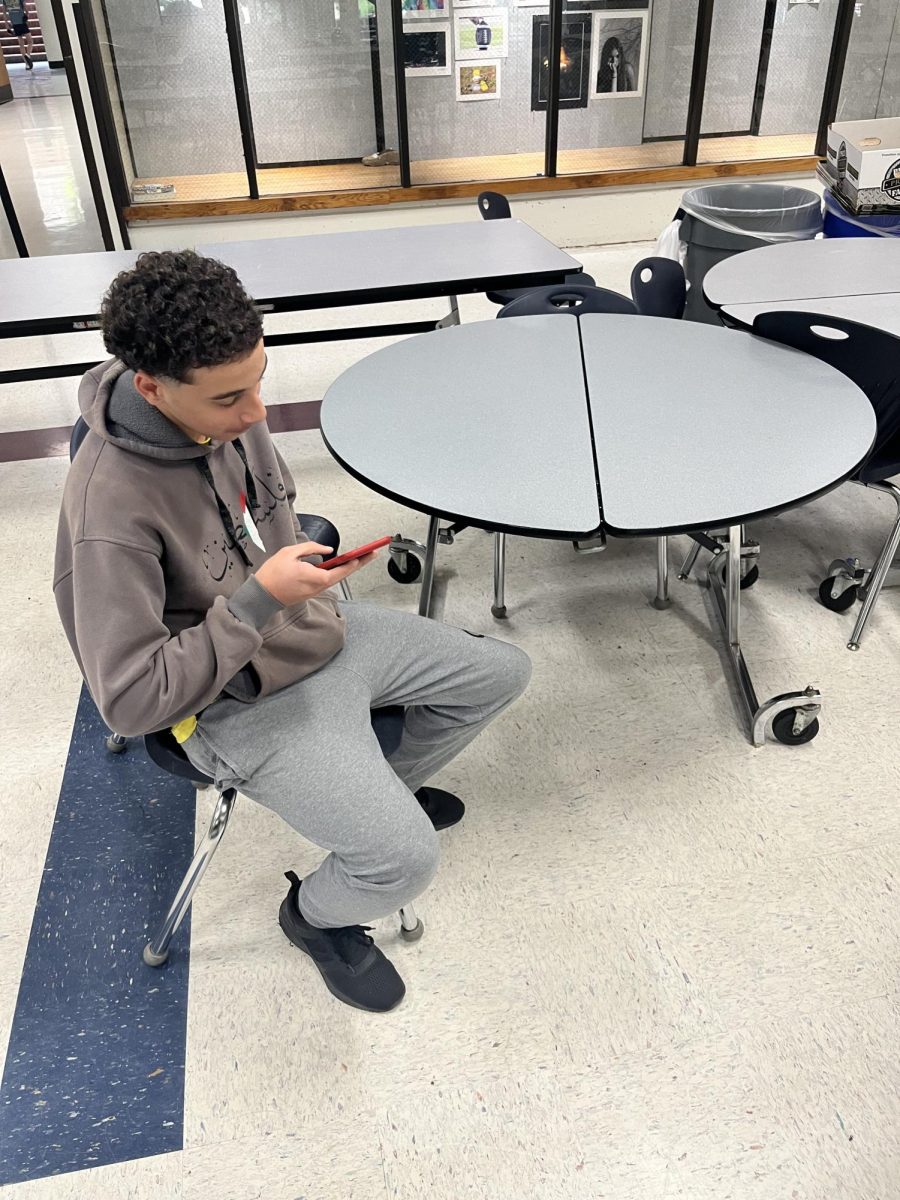
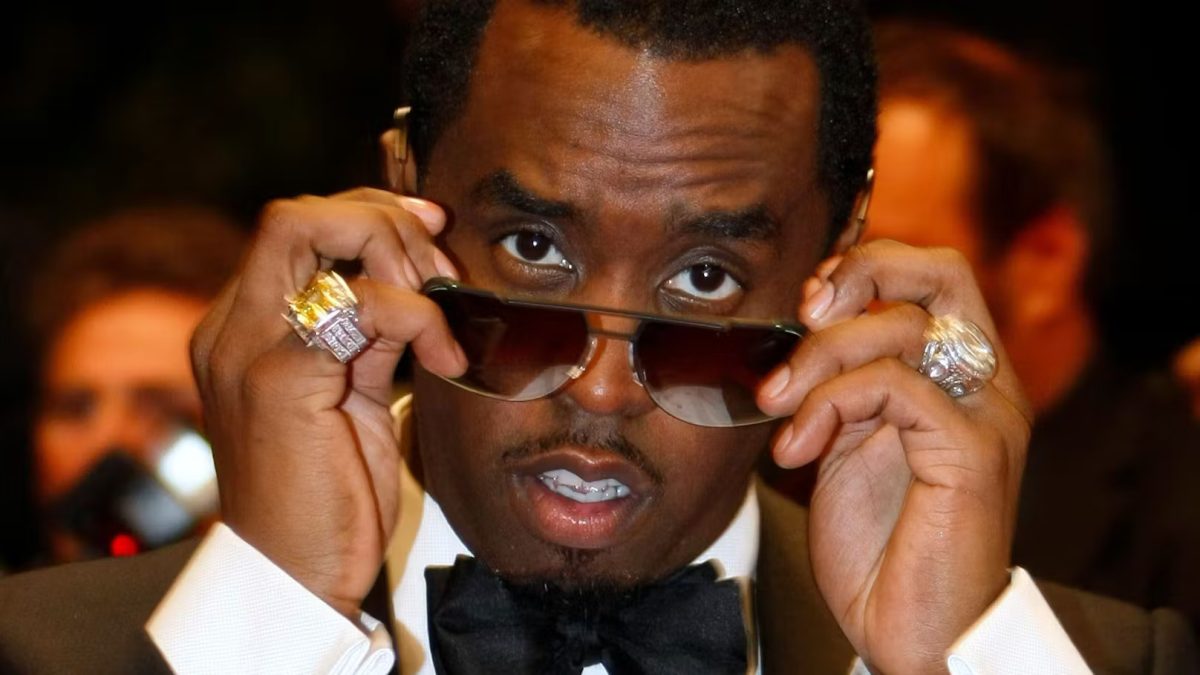


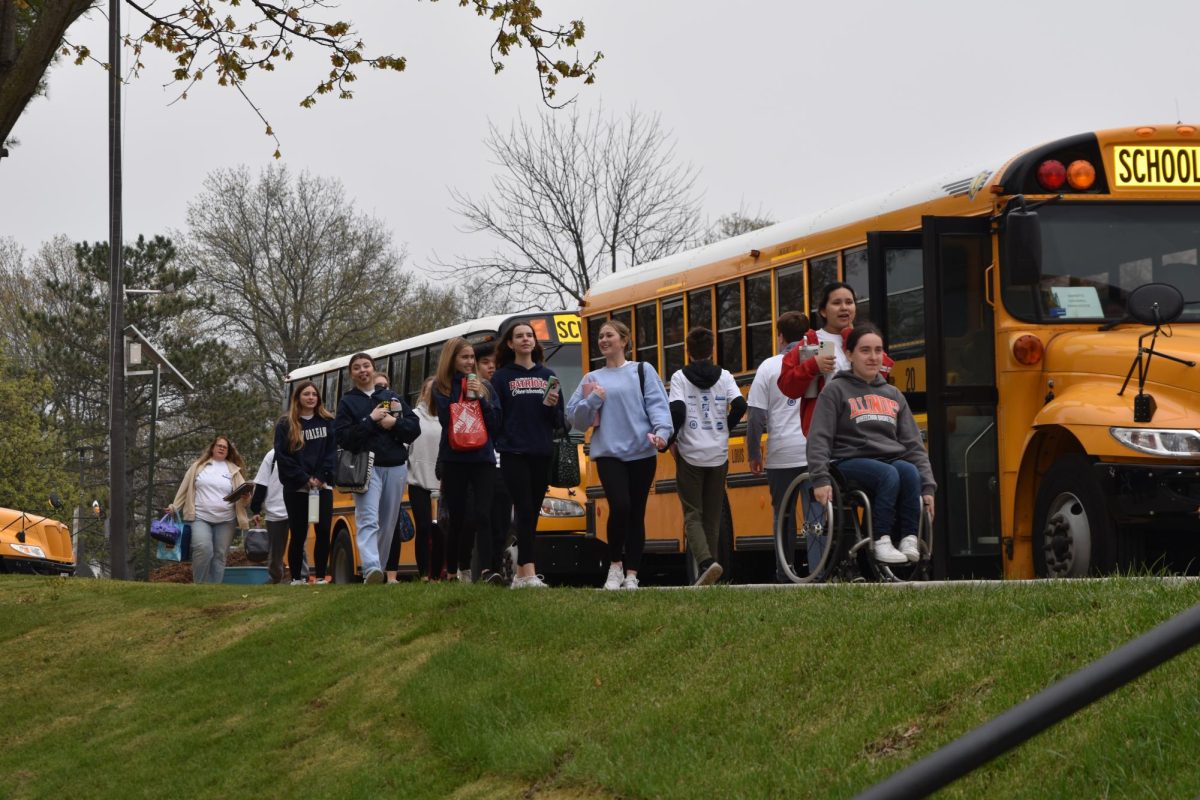
!["I really like to be involved in things, even though I don't have much time to do anything. I try to involve myself in school as much as possible. When I get older I want to join the Air Force, but I have to do a lot of training [in order to do this] and you have to be able to do a lot of conditioning to get in. Managing my time is one of my biggest struggles, but there [are] a lot of things I want to do [so I make time] to do them. My biggest advice for someone who is having trouble managing their time is to pick the things you really love and stick with those things."](https://psouthtreaty.com/wp-content/uploads/2025/10/DSC_5081-843x1200.jpg)
